The Backstory
The construction industry is no stranger to innovation. Over the years, it has embraced various technological advancements, including building information modeling (BIM), the Internet of Things (IoT), and artificial intelligence (AI). These technologies have revolutionized how construction projects are designed, managed, and executed. For example, BIM allows for the creation of detailed 3D models that improve project visualization and planning, while IoT devices can monitor equipment health and site conditions in real-time.
Despite these advancements, the construction sector has often lagged behind other industries in terms of digital transformation. This delay is partly due to the fragmented nature of construction projects, which involve multiple stakeholders, subcontractors, and suppliers. However, the benefits of technology modernization are becoming increasingly apparent. Enhanced productivity, reduced costs, improved safety, and better collaboration are just a few advantages that digital tools can bring to construction projects.
The Growing Cybersecurity Threat
As the construction industry digitizes, it also becomes more vulnerable to cyber threats. Historically, the industry has not been a prime target for cybercriminals, who have focused their efforts on sectors like finance and healthcare. However, this is changing. The growing reliance on digital systems, cloud-based platforms, and IoT devices has exposed construction companies to a range of cyber risks, from data breaches to ransomware attacks.
Construction companies manage a vast amount of sensitive data, including blueprints, financial information, and employee records. A data breach could not only result in significant financial losses but also damage a company’s reputation and erode client trust. Additionally, as construction projects often involve critical infrastructure, a cyber attack could have severe consequences, potentially compromising the safety and security of buildings and facilities.
The Tricks of the Technology and Cybersecurity Trade
Implementing Secure IT Infrastructure
- Construction companies should invest in secure IT infrastructure, including firewalls, intrusion detection systems, and encryption technologies. These measures can help protect sensitive data from unauthorized access and cyber attacks.
Regular Cybersecurity Training
- Employees at all levels should be educated about cybersecurity best practices. Regular training can help employees recognize phishing attempts, use strong passwords, and follow secure data handling procedures.
Vulnerability Assessments and Penetration Testing
- Regular vulnerability assessments and penetration testing can help construction companies identify and address potential security weaknesses. By proactively identifying vulnerabilities, companies can take steps to strengthen their cybersecurity defenses.
Secure IoT and Mobile Devices
- As the use of IoT devices and mobile technology increases on construction sites, companies need to ensure that these devices are secure. This includes implementing secure authentication protocols, regularly updating firmware, and monitoring device activity for suspicious behavior.
Collaboration with Cybersecurity Experts
- Construction companies may not have the in-house expertise to manage cybersecurity effectively. Partnering with cybersecurity experts can provide companies with the knowledge and resources needed to protect their digital assets.
NOVO has a track record of protecting our customers’ data through the implementation and management of Microsoft solutions that mitigate data exfiltration risks.
Cornerstones of protection include:
- Azure Information Protection enables data classification and labeling, ensuring sensitive data is recognized and handled securely.
- Microsoft Defender for Cloud provides advanced threat detection and alerts, helping identify suspicious activity within cloud and on-premises environments.
- Endpoint security through Microsoft Defender for Endpoint safeguards devices by identifying and isolating potential threats, while Microsoft Intune manages and secures devices across the organization, enforcing security policies and limiting data transfer.
- Microsoft Purview, with its data loss prevention (DLP) capabilities, monitors and controls the movement of sensitive data, preventing it from being shared inappropriately or leaving the organization’s control.

